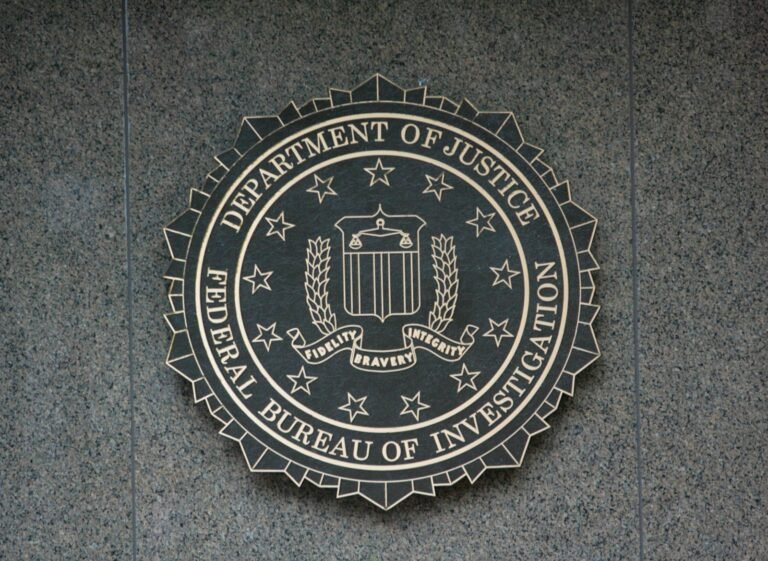
In a significant settlement, defense giant Lockheed Martin Corporation (LMC) has agreed to pay $29.74 million to resolve allegations of defective pricing on contracts for the F-35 military aircraft. This payment comes in addition to $11.3 million the company previously paid to the Department of Defense (DOD) for failing to disclose accurate cost and pricing data during contract negotiations. The settlement underscores the government’s commitment to holding contractors accountable for fair and honest dealings with taxpayer funds.
According to court documents, between 2013 and 2015, Lockheed Martin inflated pricing proposals for five contracts related to the production and sustainment of the F-35, one of the most advanced fighter jets in the world. The company allegedly failed to provide the DOD’s F-35 Joint Program Office (JPO) with accurate, complete, and current cost and pricing data during negotiations, violating the Truth in Negotiations Act (TINA).
Enacted in 1962, TINA ensures that government negotiators have access to the same cost and pricing data used by contractors during sole-source contract negotiations, where price competition is absent. The United States argued that had Lockheed Martin disclosed the correct data, the contracts would have been awarded at lower amounts, saving taxpayer dollars.
“Those who do business with the government must do so fairly and honestly,” said Acting Assistant Attorney General Brett A. Shumate of the Justice Department’s Civil Division. “We will pursue contractors that knowingly misuse taxpayer funds.”
Acting U.S. Attorney Abe McGlothin, Jr., for the Eastern District of Texas, echoed this sentiment, emphasizing the importance of transparency in government contracts. “The United States relies on contractors such as Lockheed Martin to provide accurate, complete, and current information, including pricing data, when negotiating contracts with the government,” McGlothin said. “If a contractor fails to do so, and that failure affects the value of its contract with the government, the Eastern District of Texas will take steps to ensure that the contractor is held accountable.”
The F-35 program is a cornerstone of U.S. national defense, with the aircraft playing a critical role in military operations worldwide. Air Force Lt. Gen. Mike Schmidt, Director and Program Executive Officer of the F-35 Joint Program Office, stressed the importance of integrity in the program. “The F-35 Joint Program Office will continue to insist on integrity and honesty in all business transactions,” Schmidt said. “We demand 100% accountability for every dollar spent on this program on behalf of U.S. taxpayers and international customers and taxpayers.”
The settlement is the result of a coordinated effort by multiple agencies, including the Department of Justice’s Civil Division, the U.S. Attorney’s Office for the Eastern District of Texas, the Defense Criminal Investigative Service (DCIS), the Naval Criminal Investigative Service (NCIS), and the Defense Contract Audit Agency.
“Today’s outcome reflects the unwavering commitment of DCIS and our investigative partners to hold accountable those who bilk the American taxpayer by perpetrating fraud against the DOD,” said Principal Deputy Director James R. Ives of DCIS.
Special Agent in Charge Greg Gross of NCIS’s Economic Crimes Field Office added, “Overinflation of production and sustainment costs for an aircraft critical to our national defense undermines operational readiness and erodes the trust placed in the Department of Defense by the American people.”
The settlement stems from a lawsuit filed under the qui tam provisions of the False Claims Act, which allow private individuals, known as relators, to bring lawsuits on behalf of the government and share in any recovery. The case, U.S. ex rel. Patrick Girard v. Lockheed Martin Corp., was filed in the Eastern District of Texas. The relator’s share of the settlement has not yet been determined.
For Lockheed Martin, this settlement marks a costly reminder of the importance of adhering to federal contracting laws. For taxpayers, it represents a victory in the ongoing fight to protect public funds and maintain trust in the defense industry.
As the F-35 program moves forward, the Department of Defense and its partners will continue to monitor contracts closely to ensure compliance with federal regulations. Meanwhile, the whistleblower’s share of the settlement will be determined, highlighting the critical role that individuals play in uncovering fraud and safeguarding taxpayer dollars.


